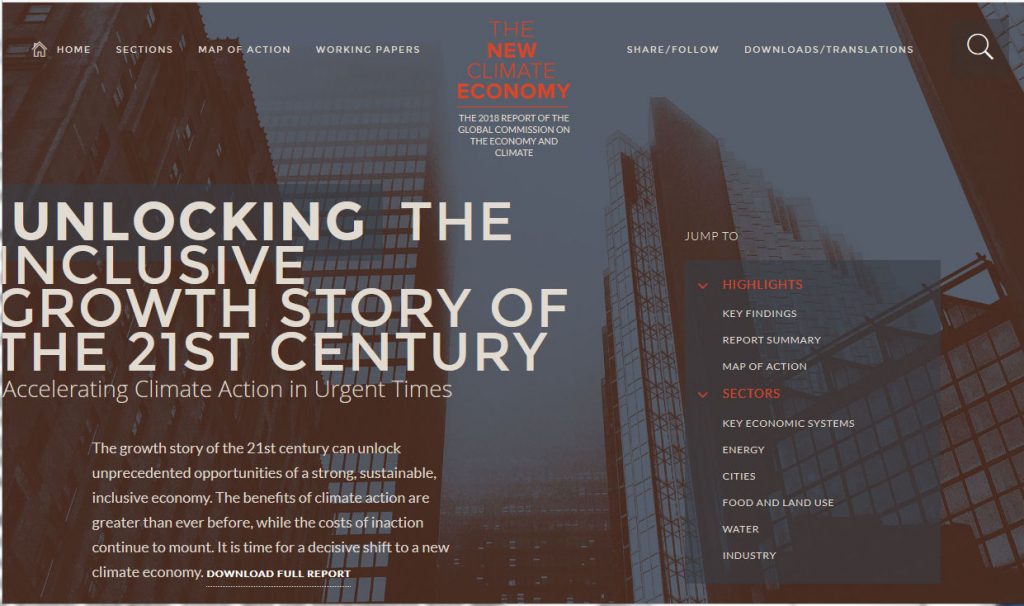
Will We Make Our Numbers?
In the midst of dealing with COVID-19, the question of what defines success for humanity looks very different than it did just a few months ago. Although suffering and need existed before the pandemic, 2020 has a majority of the planet asking the simple question: “What do we need to do in order to stay alive?”
The year 2020 has a majority of the planet asking the simple question: “How do we stay alive?
While this is a stark way to frame this question, it’s not hyperbolic. Physical distancing and lockdown measures instituted by various governments around the world have been shown to potentially drastically reduce the number of deaths and illness stemming from COVID-19. When trusted sources like the World Health Organization revealed this information, humans changed their behavior.
Competition is not working for the long-term sustainability of human and environmental well-being.
The immediacy and clarity of a life-threatening pandemic has made it clear: if we want humanity to survive, we must take specific measures to avoid the spread of a fast-acting, invisible virus. In business terms this means our Key Performance Indicators (KPIs) for weathering COVID-19 are straightforward:
- People follow physical distancing guidelines,
- Governments and communities provide for their citizens with food, medical supplies, and emotional support,
- Fewer people suffer and die.
Never in my lifetime at age 51 has there been a more pragmatic instantiation of the business and economics maxim, “what we measure matters.” Sometimes this phrase is stated as, “If something can’t be measured, it doesn’t exist.” Now, I see people visually measuring six feet constantly as I take my daily run or go to the supermarket. I see people making measured decisions on how they clean their homes and wash their hands.
And this massive behavior change happened quickly. It’s only taken two to three weeks for people to stay home and follow these new life directives. Through a mixture of government ordinances and societal zeitgeist implementations, we all have COVID-19 metrics that are deeply shaping the sustainability of humanity.
Or Do We?
In my previous career at a top ten PR firm I worked with some of the smartest people I’ve ever encountered in the professional arena. I helped a number of the world’s top brands define social media strategies when Twitter and Facebook had just come onto the scene. I had a front row seat to see how messaging shifted from a “one to many” standpoint to a “many to many” format, where social media influencers could have as much power in the release of a product as the VPs or VIPs working directly for the brands I had as clients.
It was an exciting time, and the majority of people I worked with were not only deeply intelligent but compassionate and thoughtful individuals. Most of them deeply cared that their brands truly helped people in their lives beyond just making profits.
Nonetheless every quarter, five words shaped the actions of our clients and our PR firm: “Will we make our numbers?” The numbers in question were the KPIs based on single bottom line priorities on fiscal profits and growth. In my case, as part of a global conglomerate, our fiscal priorities were reliant on the needs of shareholders whose logic was primarily based on the idea of exponential growth.
And there’s the rub — the word exponential. Profits, growth, economic output — to date, based on gross domestic product (GDP) and similar metrics, these are the KPIs that most deeply and universally define “societal success.” Does this mean people don’t care about the environment or their loved ones? Of course not. But are there metrics of success that prioritize people and the planet at the same level as exponential profits?
The good news is – yes. Yes there are [1, pp. 68–89].
Are these complementary metrics beyond GDP prioritized at the same level today as single bottom line metrics focused on exponential profits or growth? No, they are not.
And herein lies humanity’s greatest opportunity for sustainability — utilize the lessons learned from COVID-19 to change behavior that reflects and prioritizes metrics of success increasing human well-being in symbiosis with environmental flourishing.
Shifting from the Single Bottom Line
A few months ago The IEEE Standards Association created a report called Measuring What Matters in the Era of Global Warming and the Age of Algorithmic Promises [2]. Written by Konstantinos Karachalios, Managing Director of the IEEE Standards Association, Lord Nicholas Stern, and myself, it provides three pragmatic recommendations I’d like to touch on here as a way to shift our myopic metrics from single bottom line to triple bottom line.
Recommendation One: Shift Society to the New Climate Economy and Identify “Earth-Friendly” AI
Based largely on the work of Nick Stern and the “New Climate Economy’s report, Unlocking the Inclusive Growth Story of the 21st Century: Accelerating Climate Action in Urgent Times” [3], the logic here has to do with a focus on systems thinking. A danger with well-intentioned but highly influential techno solutionism is the idea that we can “fix” the environment by applying AI or technology to very specific aspects of environmental decline without taking into consideration the systems level effect of all that we do. Also, many times emerging technology is not as important to address certain issues directly (for instance, widescale global infrastructure failings) as it is to see how these amazing tools can complement humans already in jobs working to restore environmental sustainability.
Earth-Friendly AI also mirrors this focus on systems thinking, where there is a recognition for instance about the carbon footprint the digital sector produces while ironically being applied to tackle climate change. Here it’s critical to note that good intentions may still cause harm, and ignorance of systems thinking is as dangerous in some respects as is the malicious avoidance of caring for our planet.
Recommendation Two: Protect Children’s Lives, Future, and Data
It is of seminal importance to note that the statistical metrics galvanized in the GDP eight decades ago were not designed to include caregiving or the environment. Stemming largely as a reaction to the Second World War, the value of rebuilding infrastructure and economies laying in ruin made sense. However, eight decades ago attitudes towards women, education, youth, and the environment were also highly different than they are now. If society today is asking about biases in the datasets or AI governing our lives, perhaps the greatest assumptions along these lines still causing harm involve the decades-old attitudes embodied in the GDP as a measure of societal success.
In other words, until we prioritize the rights of our children in how their data is tracked and shared, their identity and agency will be manipulated in ways that will cause them and their loved ones harm. Our children are not just our future — they’re our present. They are being harmed now because single bottom line metrics don’t prioritize the specific guardrails about caregiving (such as a government factoring a parent’s time who stays home with their children into GDP calculations) that would not only protect them but would provide specific and pragmatic steps businesses and governments can take to put kids first.
Recommendation Three: Maximize New Metrics
As I’ve already touched on in the previous two recommendations, it’s only by prioritizing new indicators and metrics of societal prosperity that we can shift from the current status quo. This is already happening with metrics like the Organization for Economic Co-operation and Development (OECD)’s Better Life Index or the United Nations Sustainable Development Goals (UN SDGs). Furthermore, organizations like B-Corp in the U.S. are helping businesses change their legal structures to honor the values of their brand and stakeholders in ways that manifest beyond intentions to actual actions.
The Five New Words
In the midst of living through COVID-19, we must move beyond the status quo of words or metrics or ideals that only maximize exponential growth. Competition is not working in terms of the long-term sustainability of human well-being and environmental flourishing. By using the examples of how to change behavior brought about by this pandemic, we can make a focus on human and planetary well-being as contagious as the awareness brought about by panic and fear. We can shift to an ideal of Social Flourishing based on putting kids, our mental health, and our relationship of equality to the environment above nonstop, exclusively fiscal growth.
As we make this shift, let’s embrace five new words that reflect this positive focus:
We will save our world.
ACKNOWLEDGMENT
These thoughts represent the author’s views and not those of the IEEE.
Author Information

John C. Havens is Director, Emerging Technology and Strategic Develop-ment, The IEEE Standards Association.
To read the full version of this article including references, click HERE.






 JOIN SSIT
JOIN SSIT